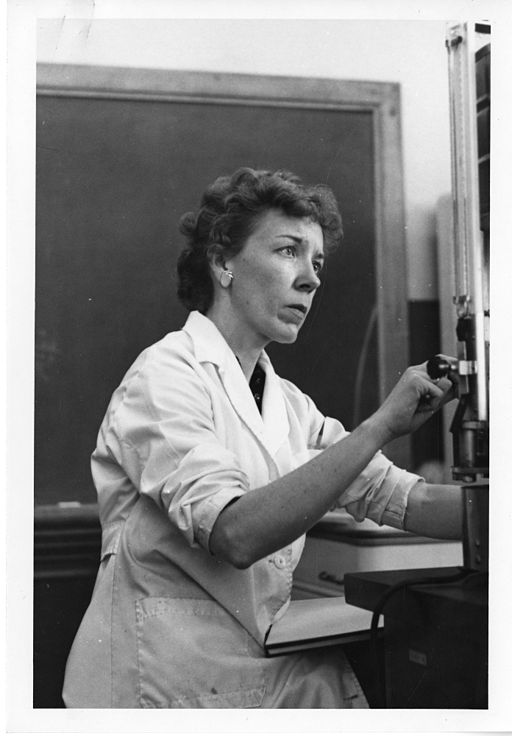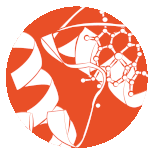The Finkbeiner test
 Christie Aschwanden has an excellent piece up at XX Science, with a simple experiment you can do at home to identify sexism in science journalism! As a long-time fan of the Bechdel Test, I’m easily convinced that science journalism warrants a similar instrument. Finkbeiner’s test is interesting because, unlike the Bechdel Test (which primarily reveals a lack of individuality and agency in fictional women), it has components specifically designed to call attention to “benevolent” sexism. Having applied the test, I believe that science journalism has made great strides forward, and finally achieved routine tokenism. Baby steps.
Christie Aschwanden has an excellent piece up at XX Science, with a simple experiment you can do at home to identify sexism in science journalism! As a long-time fan of the Bechdel Test, I’m easily convinced that science journalism warrants a similar instrument. Finkbeiner’s test is interesting because, unlike the Bechdel Test (which primarily reveals a lack of individuality and agency in fictional women), it has components specifically designed to call attention to “benevolent” sexism. Having applied the test, I believe that science journalism has made great strides forward, and finally achieved routine tokenism. Baby steps.



![By Eddideigel (Own work) [GFDL (http://www.gnu.org/copyleft/fdl.html) or CC-BY-SA-3.0 (http://creativecommons.org/licenses/by-sa/3.0)], via Wikimedia Commons](https://www.tstmarchive.talksciencetome.com/wp-content/uploads/2013/04/512px-Wormwood_shoots.jpg) That’s how stories about herbal medicine typically go in my world. But this isn’t quite one of them.
That’s how stories about herbal medicine typically go in my world. But this isn’t quite one of them.
